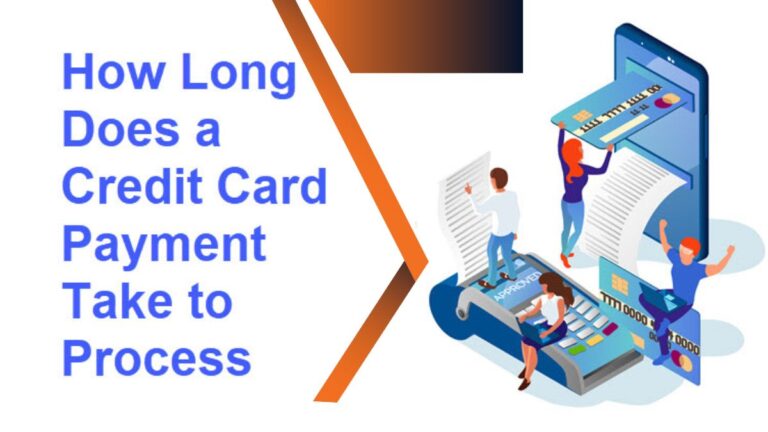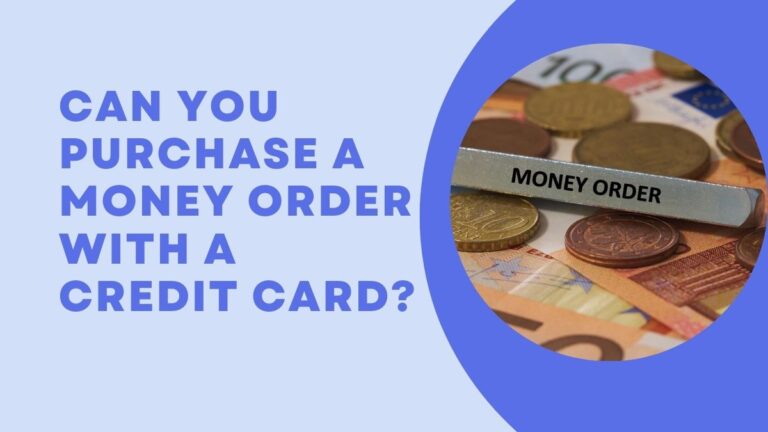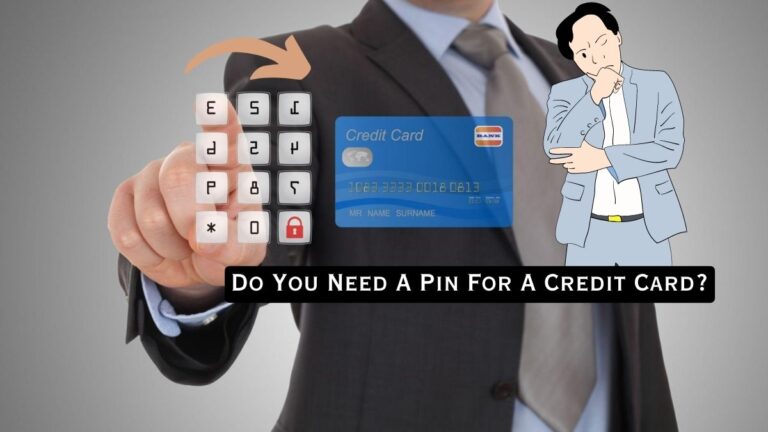Can A Credit Card Company Sue You?
Are you worried about the possibility of being sued by a credit card company? Well, fret not! In this blog post, we will explore the question on everyone’s mind: can a credit card company sue you? We’ll delve into the nitty-gritty details and provide some practical tips on how to avoid finding yourself in such a predicament. So, grab your favorite beverage, and let’s dive right in!
Can a credit card company sue you?
Can a credit card company sue you? It’s a question that often lingers in the back of people’s minds when they find themselves struggling to make their monthly payments. The short answer is yes, a credit card company can indeed take legal action against you if you fail to fulfill your financial obligations.
When you first signed up for that shiny piece of plastic, you entered into a legally binding contract with the credit card issuer. By doing so, you agreed to repay any charges made on the card within the specified terms and conditions. If those payments go unpaid or are consistently late, it gives the credit card company grounds to pursue legal action.
However, before taking such drastic measures, most credit card companies will attempt other means of resolution. They may send collection letters or hire third-party debt collectors to try and recover what is owed. But if all else fails and they believe it’s their best course of action, they can file a lawsuit against you.
Once a lawsuit has been filed by a credit card company, things can start moving quite quickly. You’ll receive official notification from the court detailing the allegations against you and informing you of your right to respond within a specific timeframe.
If left unanswered or unresolved, this could result in significant consequences. A judgment may be issued against you by default if no response is received, leading to wage garnishment or bank account levies as methods for collecting what is owed.
It’s important to remember that each situation is unique and there are potential defenses available depending on various factors like state laws and statute of limitations. However, prevention is always better than cure when it comes to avoiding being sued by a credit card company.
How to avoid being sued by a credit card company?
Facing a lawsuit from a credit card company can be stressful and overwhelming. To protect yourself, it’s essential to take proactive steps to avoid finding yourself in this situation. Here are some tips on how to stay out of the legal crosshairs:
- Pay Your Bills on Time: Timely payments are crucial when it comes to maintaining a good relationship with your credit card company. Setting up automatic payments or reminders can help ensure you don’t miss any due dates.
- Communicate with Your Credit Card Company: If you’re facing financial difficulties that prevent you from making your monthly payments, reach out to your credit card issuer as soon as possible. They may be willing to work with you by offering alternative payment plans or temporary relief options.
- Keep Your Debt Utilization Low: Maintaining a low balance on your credit cards shows responsible use and reduces the risk of defaulting on payments.
- Read and Understand the Terms and Conditions: Familiarize yourself with the terms and conditions of your credit card agreement, including interest rates, fees, and penalties for late payment or non-payment.
- Seek Professional Help if Needed: If you find yourself drowning in debt or unable to negotiate with creditors effectively, consider reaching out to a reputable credit counseling agency for guidance.
Remember, prevention is key when it comes to avoiding lawsuits from credit card companies. By practicing good financial habits and staying informed about your rights and responsibilities as a consumer, you can minimize the chances of being sued.
What are the consequences of being sued by a credit card company?
Being sued by a credit card company can have serious consequences that can impact your financial well-being. If you find yourself in this situation, it’s important to understand what these consequences might be.
If the credit card company is successful in its lawsuit against you, it may obtain a judgment against you. This means that they will have legal permission to collect the debt owed. They can garnish your wages or bank accounts, which means a portion of your income could be taken directly from your paycheck or funds frozen in your bank account.
Another consequence is damage to your credit score. A lawsuit and subsequent judgment will likely appear on your credit report for several years, making it difficult for you to access new lines of credit or loans in the future. Your ability to rent an apartment or secure certain types of employment may also be affected.
In addition to these financial implications, being sued by a credit card company can also cause significant stress and anxiety. Dealing with legal proceedings and potential financial hardship can take a toll on both your mental and physical health.
It’s essential to address any issues with outstanding debts before they escalate into lawsuits. By communicating with the credit card company and exploring options like debt consolidation or negotiation, you may be able to avoid being sued altogether.
Remember that every situation is unique, so it’s crucial to seek professional advice from lawyers or reputable financial counselors who specialize in consumer debt if you find yourself facing legal action from a credit card company.
Conclusion:
It is important to understand that credit card companies have the right to sue you if you fail to repay your debts. While being sued by a credit card company can be stressful and overwhelming, there are steps you can take to avoid this situation altogether.
Make sure you always make your credit card payments on time and in full. This will help maintain a good relationship with your creditors and reduce the chances of them taking legal action against you.
If you find yourself facing financial difficulties or unable to make payments, don’t ignore the problem. Instead, reach out to your credit card company as soon as possible. They may be willing to work with you on finding a solution such as negotiating a payment plan or reducing interest rates.





